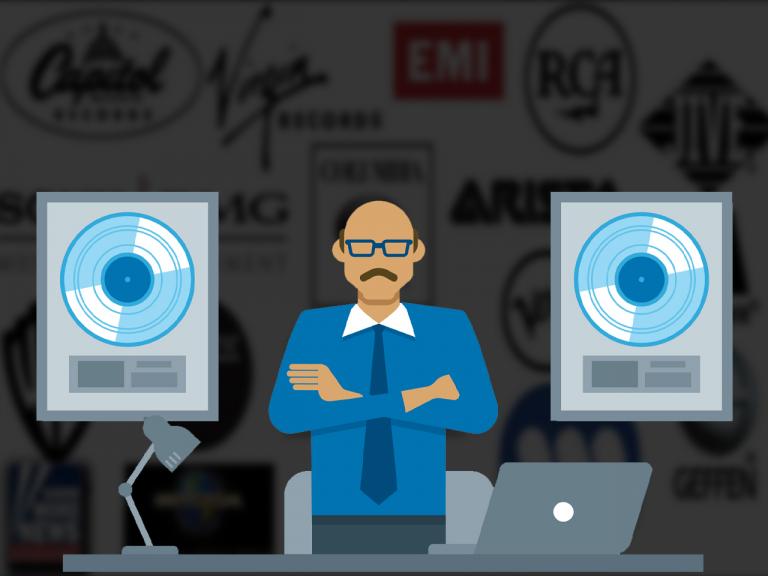
The Changing Face of Record Deals and the Rise of Indie Artists
When Chance the Rapper made Grammy history in 2018 by becoming the first artist to win without selling physical copies of his music, the victory resonated beyond his own career. “This is for every indie artist!” Chance shouted onstage after his album Coloring Book beat out major label releases from Kanye West and Drake. The win inspired more new artists to consider going independent, exploring alternative strategies, and forging their own paths. Music industry veteran Lee Parsons, CEO and co-founder of Ditto Music, shared his perspective on why the indie market is heating up and the challenges that lie ahead.
The Decline of the Traditional Record Deal
The idea of the traditional record deal is shifting. Spotify now allows direct uploading, and even non-music companies are finding ways to release projects for artists. According to Parsons, the frustration many artists have about royalties usually comes from being signed to a label. Independent artists often make more from streaming because they keep their share, while signed artists receive only a fraction. Parsons notes that some self-represented artists earn a million pounds a year through streaming, while others in restrictive five-album deals, often signed years ago, see far less.
Labels typically return only about 20 percent of royalties. For example, if an artist earns $8 million from a song, they may only receive $2 million after advances and recoupable expenses are deducted. This imbalance has pushed more artists to look at independent distribution as a way to retain revenue.
New Awareness Around Finances
Today’s musicians are more financially aware thanks to streaming data. In earlier years, artists were desperate to sign deals without understanding the long-term impact. Streaming services are often blamed, but Parsons emphasizes that the real issue is the contracts artists sign with labels. The deals dictate what artists take home, and many artists are realizing that traditional deals no longer make sense.
Changing Attitudes Toward Labels
In the 1990s, signing a record deal was seen as the ultimate success. The reality was that many of those artists faded quickly because the deals were unfavorable. Today, many artists know not to trust the industry in the same way. Attitudes vary by territory. In the UK, grime rappers tend to build independently and only sign once they can negotiate favorable terms. In the Philippines, some artists hide their major label associations under fake label names because being signed to a major is seen as less desirable. Independence has become fashionable, and for some artists, signing can even hurt their credibility.
The tide has turned. Scenes like grime emphasize independence, self-determination, and creative control. High-profile artists like Chance have reinforced this shift, showing that independence can lead to mainstream recognition.
Source: Amy X. Wang, Rolling Stone
